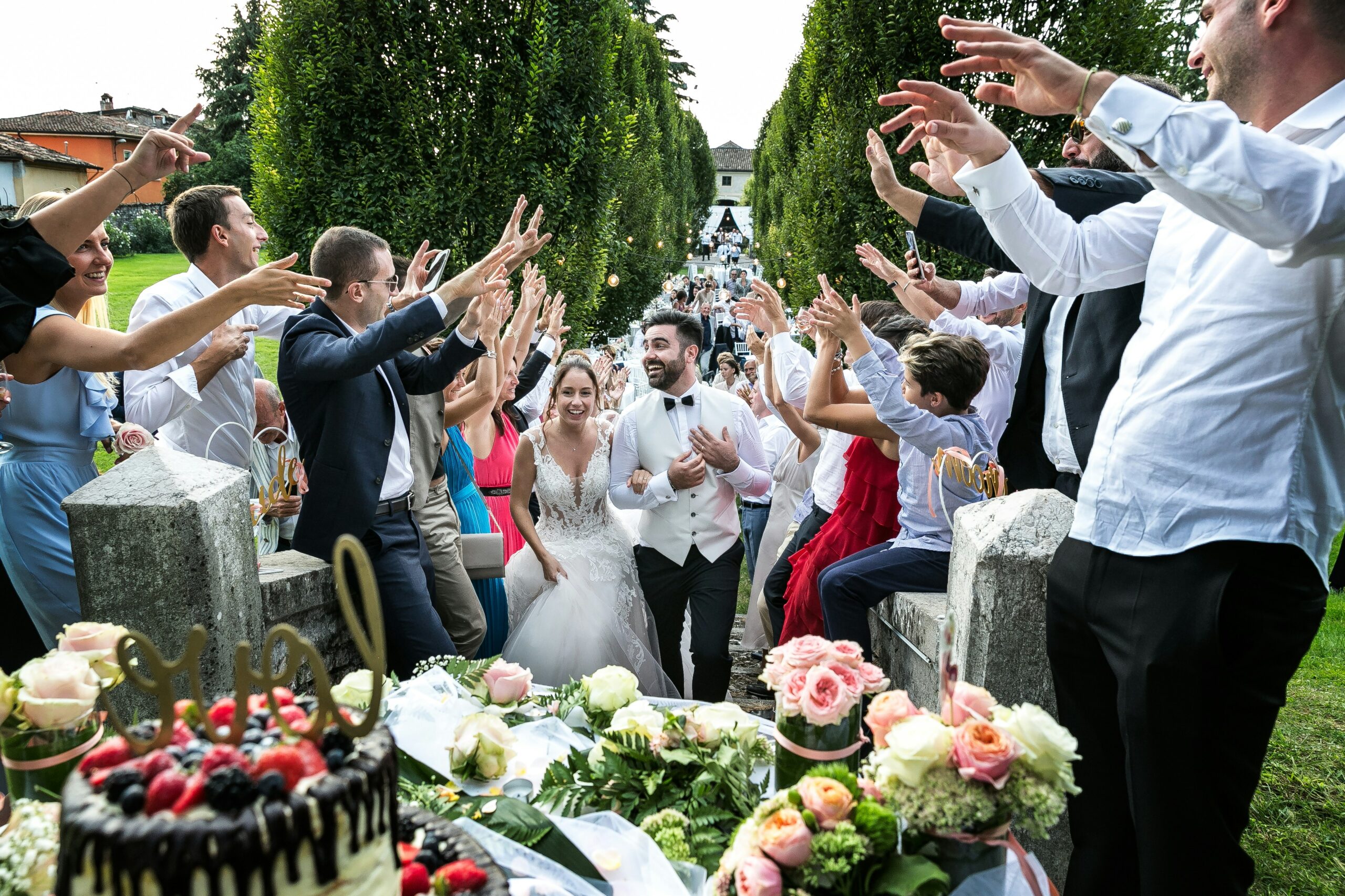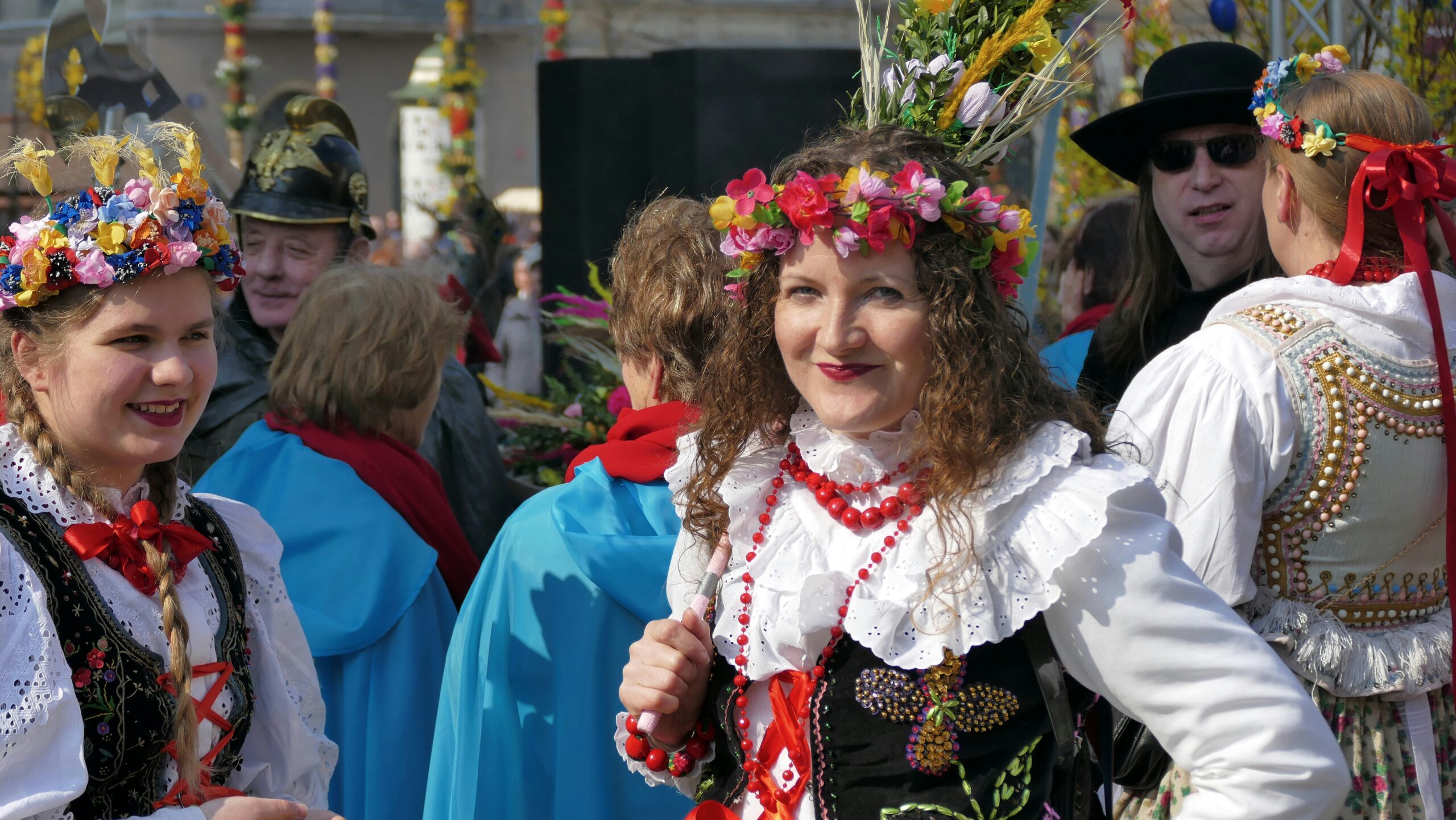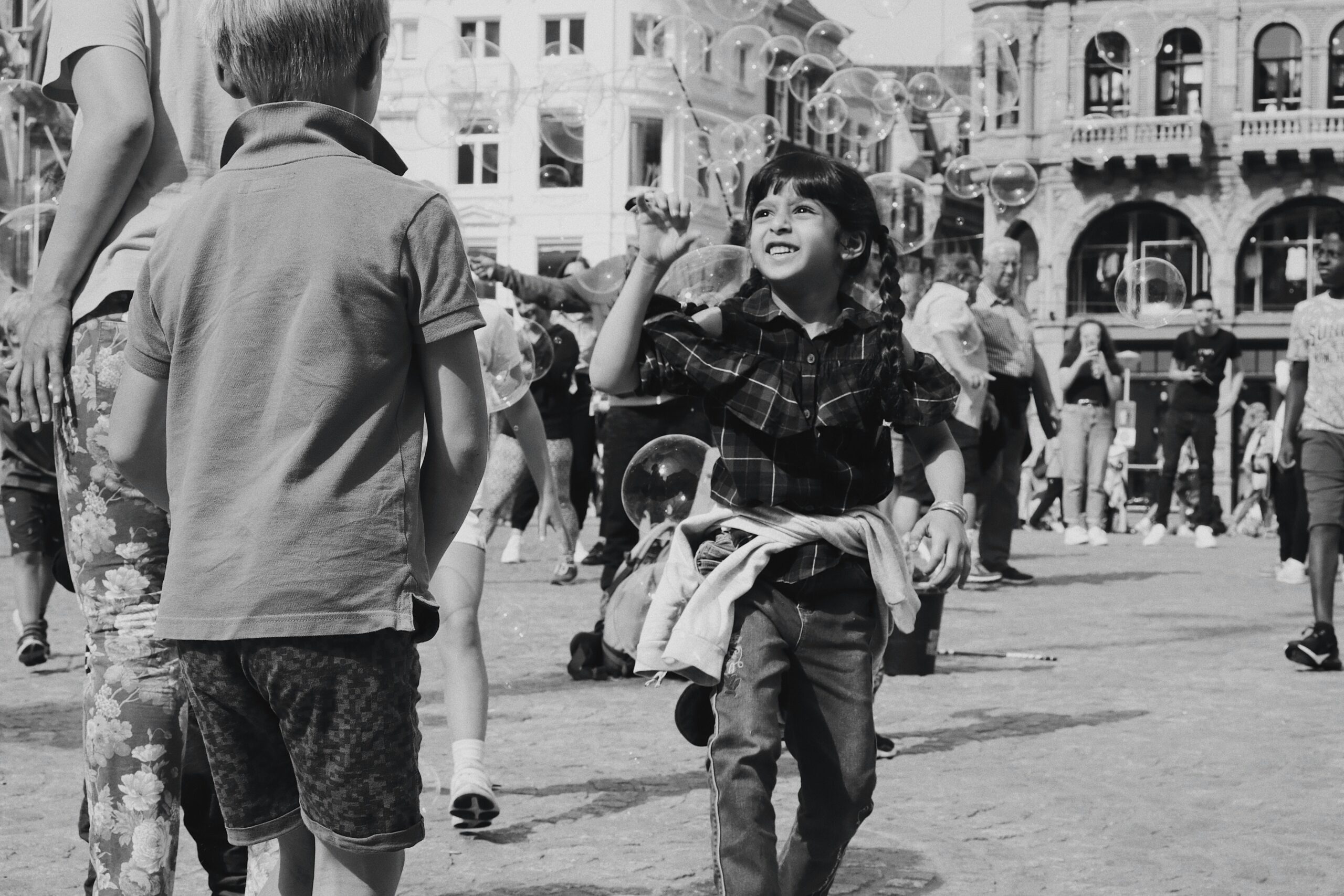German Christmas Traditions | A Magical Blend of History, Food, and Festivities
German Christmas Traditions | A Magical Blend of History, Food, and Festivities
Germany is a country steeped in rich traditions, and Christmas is one of the most magical times to experience its cultural heritage. If you’re a tourist looking for an authentic holiday experience, a food lover eager to explore seasonal delights, or a history buff fascinated by old customs, then German Christmas traditions will captivate you. From festive markets to heartwarming dishes and enchanting rituals, let’s dive into the wonderland that is Weihnachten (Christmas in German).
The Essence of a German Christmas: A Celebration of Tradition
Germany’s Christmas traditions date back centuries, with many influencing how the world celebrates today. The Christmas tree, advent calendars, and even Santa Claus all have strong ties to German customs. But beyond these widely known traditions, Germany has a wealth of unique customs that make Christmas here truly special.
Advent: The Countdown to Christmas
Christmas celebrations in Germany don’t start on December 24th but much earlier, with Advent marking the beginning of the festive season. The four Sundays leading up to Christmas are observed with Advent wreaths (Adventskranz) decorated with four candles. Each Sunday, one candle is lit until all four are glowing on the final Sunday before Christmas.
Advent calendars (Adventskalender) are also a staple in German homes. These calendars, which count down from December 1st to Christmas Eve, often contain chocolates, small gifts, or even personal notes. The joy of opening a new window each day is something both children and adults eagerly anticipate.
Germany’s Enchanting Christmas Markets (Weihnachtsmärkte)
One of the biggest attractions in Germany during Christmas is the Weihnachtsmarkt (Christmas market). These markets date back to the Middle Ages and offer a fairytale-like experience with wooden stalls selling handmade crafts, festive decorations, and, of course, delicious food and drinks.
Famous Christmas Markets to Visit:
- Nuremberg Christkindlesmarkt – One of Germany’s oldest and most famous markets, known for its traditional stalls and the opening ceremony led by the Christkind (Christmas angel).
- Dresden Striezelmarkt – Dating back to 1434, this is Germany’s oldest Christmas market, famous for its giant Stollen cake.
- Cologne Christmas Market – Set against the backdrop of the stunning Cologne Cathedral, this market is perfect for a magical Christmas atmosphere.
- Berlin Christmas Markets – The capital boasts several markets, each with its own charm, from medieval-themed to modern and extravagant.
Festive German Christmas Foods: A Feast for the Senses
No German Christmas is complete without indulging in the country’s festive culinary delights. From sweet treats to hearty dishes, the food during Weihnachten is something every food lover should experience.
Must-Try German Christmas Foods:
- Stollen (Christmas Bread)
This fruitcake-like bread, filled with dried fruits, marzipan, and nuts, is dusted with powdered sugar to resemble the snowy Christ child. The Dresden Stollen is the most famous version, celebrated with its own festival.
- Lebkuchen (Gingerbread Cookies)
Originating in Nuremberg, these spiced cookies come in different shapes and sizes, often decorated with icing or chocolate.
- Glühwein (Mulled Wine)
A staple at Christmas markets, Glühwein is a warm, spiced red wine that keeps visitors cozy as they wander through the festive stalls.
- Bratwurst (German Sausages)
Each region has its own take on bratwurst, but during Christmas, these grilled sausages are a must-try.
- Kartoffelsalat und Würstchen (Potato Salad and Sausages)
This simple yet delicious meal is a traditional Christmas Eve dinner in many German households.
- Marzipan
Germany, especially Lübeck, is famous for its marzipan creations, often shaped into fruits, animals, or festive figures.
- Spekulatius (Spiced Shortbread Cookies)
These crunchy cookies, often shaped like holiday figures, are infused with cinnamon, nutmeg, and cloves.
Christmas Eve and Christmas Day: How Germans Celebrate
Christmas Eve (Heiligabend): The Heart of the Celebration
Unlike in many countries where Christmas Day is the main event, Germans celebrate Heiligabend (Christmas Eve) as the most important day of the holiday season. Families gather in the evening for a festive dinner and the exchange of gifts, known as Bescherung.
The Christmas tree (Tannenbaum) is often decorated on this day, and many families attend a midnight church service. Some children believe in the Christkind, a gift-bringer depicted as a childlike angel, while others anticipate a visit from the Weihnachtsmann (Father Christmas).
Christmas Day (Erster Weihnachtsfeiertag) & Boxing Day (Zweiter Weihnachtsfeiertag)
December 25th and 26th are public holidays in Germany, dedicated to family gatherings and feasting. Roast goose (Weihnachtsgans) is a traditional dish served on Christmas Day, often accompanied by red cabbage and dumplings.
Unusual and Unique German Christmas Traditions
- Krampus: The Scary Side of Christmas
In some parts of Germany, particularly Bavaria, the folklore figure Krampus accompanies St. Nicholas on December 5th, known as Krampusnacht. This demonic-looking creature punishes naughty children, creating a thrilling contrast to the joy of the season.
- The “Pickle in the Tree” (Weihnachtsgurke)
One quirky tradition involves hiding a pickle-shaped ornament in the Christmas tree. The first child to find it on Christmas morning receives a small gift or good luck for the year.
- St. Nicholas Day (Nikolaustag)
On the night of December 5th, children leave out their boots (Nikolausstiefel), hoping that St. Nicholas will fill them with treats if they’ve been good—or a rod (Rute) if they’ve misbehaved.
- Silent Night (Stille Nacht) and Caroling
The world-famous Christmas carol “Silent Night” (Stille Nacht) was first performed in neighboring Austria but is deeply cherished in Germany. Caroling (Sternsingen) is also a beloved tradition, where children dressed as the Three Wise Men go door to door singing and collecting donations for charity.
Conclusion: Experience the Magic of a German Christmas
Germany’s Christmas traditions offer a magical blend of history, warmth, and festivity. Whether strolling through a Christmas market, sipping on Glühwein, or enjoying a cozy family gathering, the spirit of Weihnachten is something everyone should experience at least once. So, if you ever get the chance, visit Germany during the holiday season and immerse yourself in its timeless and enchanting Christmas customs.
Merry Christmas—or as the Germans say, Frohe Weihnachten!



